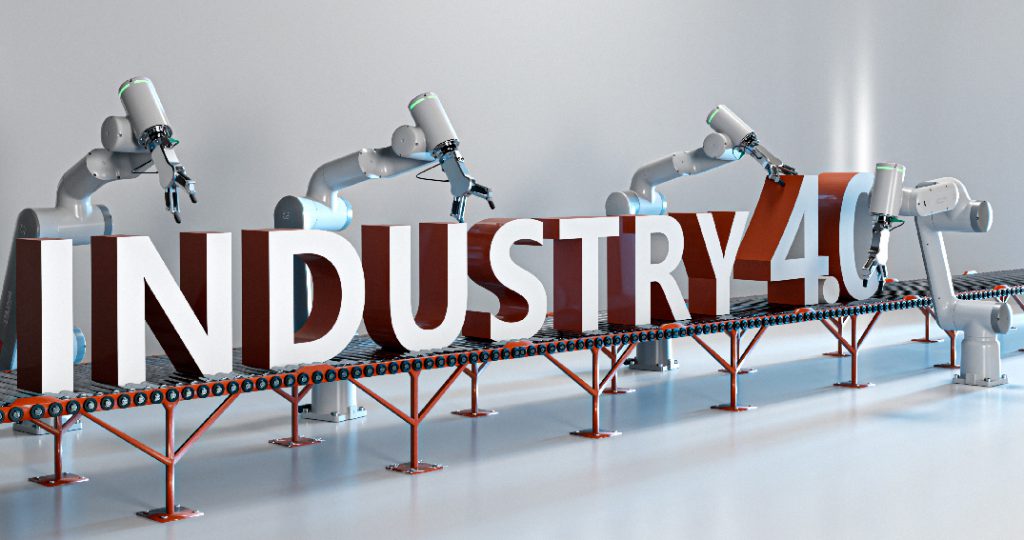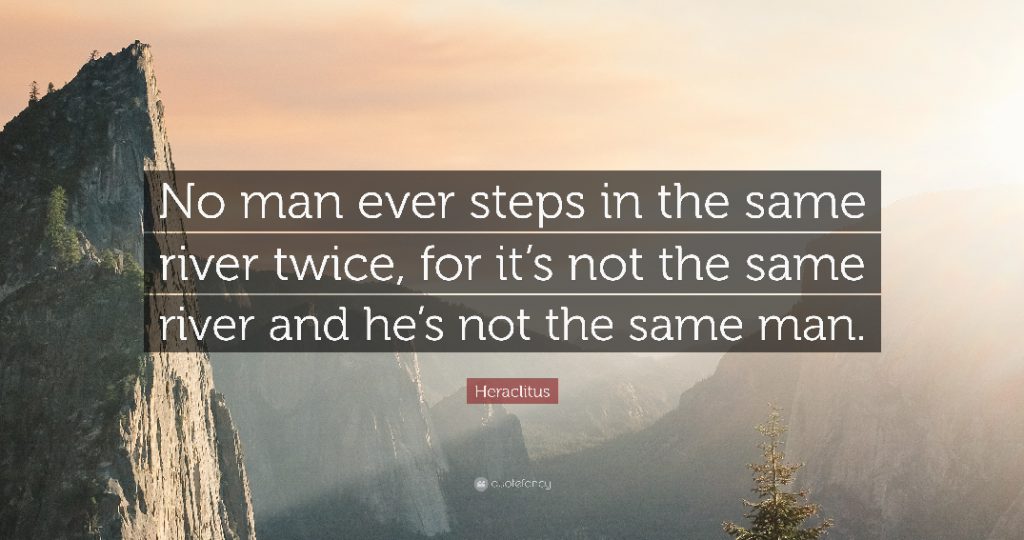Future of Work : Will Automation Replace Jobs in Future?
Heraclitus, the Greek philosopher, once said “change is the only constant“. This statement is as true today as it was 2500 years ago. Take your favourite childhood TV show for instance. When you watch its video (perhaps, on YouTube), you mostly see blurry images with poor sound quality and visual effects that barely match their modern 4K counterparts that we’re more accustomed to now. After all, the latter ones extend a more immersive experience with their finely tuned voice-overs, background music, and special effects.

The reason behind this observation is simple. A few decades ago, TV shows barely had job roles that they do now. For instance, audio engineers were a luxury for a majority of TV shows back in the day. Today, they are the bare necessity if the show has to make a splash in the market. Similarly, writers, cinematographers, and even supporting actors were given little importance in prior decades. But now, even suit and costume designers, casting directors, marketing managers, event managers and others are cherry-picked based on specific parameters relevent to the show.
From a technological perspective, similar changes have taken place as well. Video compression now removes unnecessary data to make videos more efficient while improving their quality and adapting them based on the screen of the viewer. Software solutions create stunning visuals that would have taken days or even weeks to render just a decade ago. Technical experts are at the helm of these developments. But where does all of this point towards?
Such changes have occurred across nearly every walk of life. Where there used to be just a handful of job roles earlier, now there are several professionals with specialised roles and dedicated tools and technologies. Now, the focus of job market in general has also shifted from being ‘labour-intensive’ to ‘skill-specific’.
But what are the implications of these transformations going forth? What does the future of work look like?
Looking through the Crystal Ball: The Future of Work
To better understand what the future holds, we have to glance a bit into the past. It’s obvious that we’re currently undergoing rapid transformations backed by technology. However, something that stays hidden in the plain sight is that such transformations have occurred time and again in our society. This time, only the magnitude is different. Industrial revolution, for instance, transformed our society en masse by mechanising labour-intensive tasks. It not only increased the overall output generated by us but also brought superior quality and time-efficiency into perspective.
Before industrial revolution, agriculture served as the backbone of the social economy. This changed with the first industrial revolution. Industries became more prominent. The importance of coal also increased due to the rising demand from steam engines and the manufacturing industry. Owing to it, goods cannot only be manufactured at a greater scale but also transported to greater distances.
The second industrial revolution further accelerated the pace of the change. Backed by developments such as electricity, internal combustion engine, assembly line production, and instant long-distance communication (via telegraph and telephones), the world observed centralisation of the global economy along with well-informed decision making. Everything took off to another level with the rise of electronics, telecommunications, and computers during the third industrial revolution.

Something critical to note here is that every successive event catalysed the ongoing developments. The economy, society, and social structure all changed with it. While the majority of population was directly and indirectly employed by the agriculture segment during the 18th century, the global figure dropped to 28% by 2018. This change in the job market replaced low-skilled, low-pay, and labour-intensive jobs with high-skilled, high-paying, and skill-oriented professions. A case in point is the stark contrast between the share of agriculture in the job market and the overall income of a country. The agriculture sector of low-income countries employs 59.75% of their working population on average, while the same figure averages 2.75% for high-income countries.
Now, as the fourth industrial revolution, or Industry 4.0, led by the age of information comes to fore, we are simply observing a repeating pattern of the history; albeit at a much grander scale and an even accelerated pace. In the job market, skills have now become a fundamental commodity.

Wouldn't the ongoing change cause job displacement?
Industry 4.0 will undoubtedly displace jobs, however, it will create better roles with superior growth trajectories. This is something also highlighted in the World Economic Forum’s The Future of Jobs 2020 report, which states that while 85 million jobs will be displaced by automation and COVID-19 pandemic across 26 focus countries and 15 industries by 2025, 97 million new job roles will be created by the gradual division of labour between humans, machines, and software solutions.

So, what is the future of work essentially and what path should I adopt?
The future of work majorly involves the automation of repetitive and time-consuming tasks via digital solutions. As these digital solutions begin to penetrate different levels of industries and workplaces, they may replace manual processes and even centralised business models. Nevertheless, this automation will usher in new jobs with a great degree of specialisation.
As far as one’s career is concerned, the path is differentiated for everyone as the nature of change is different for every industry and job role. You must begin with understanding the changing job market dynamics in your segment. This is true specifically because even if you’re equipped with well-rounded skills, they may not be adequate for the jobs of the ‘future’. However, if you constantly keep updating your skills, you will always stay ahead of the curve.
To do so, you can either keep a keen eye on the changes taking place around you or leverage technological tools such as Epitome Career Builder, wherein you get to make informed decisions with a highly personalised approach and deep industry insights. Such platforms are backed by Artificial Intelligence and can do away with a lot of grunt work while bringing intense precision in your approach. Ultimately, the choice is yours.

At last, as accurately predicted by Heraclitus, change is the only constant. As we observe the next phase of progress with Industry 4.0, the Greek philosopher’s two other pieces of wisdom can guide us during our journey to a better tomorrow.
“No man ever steps in the same river twice, for it’s not the same river and he’s not the same man.“
And, at last…
“It is in changing that we find purpose.“

Check out how Epitome Career Builder can help you prepare yourself for the fast job market of today.
